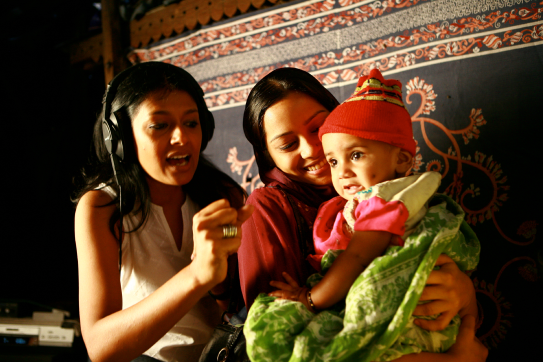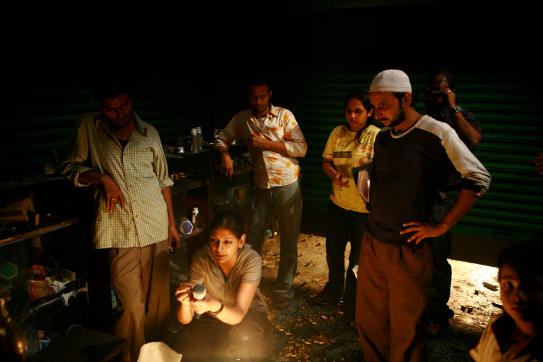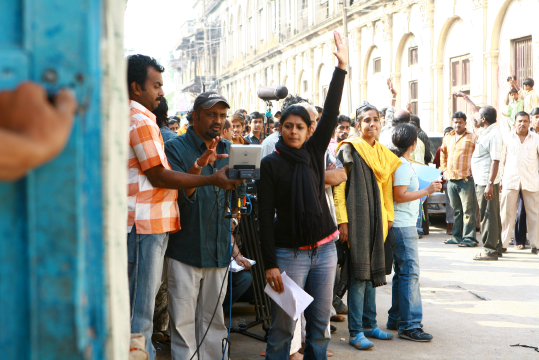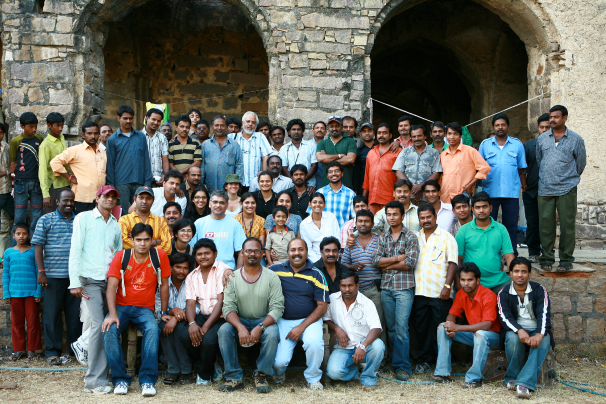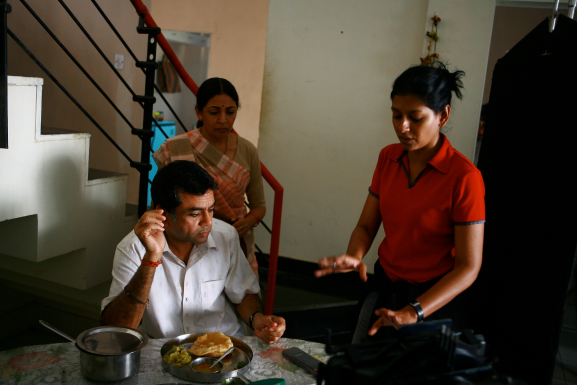The Elevator Story
- July 1, 2012
Elevators have always been an amusing space for me to observe how people react to each other. The forced silence, the smile that comes and goes abruptly, and the looks people give each other, often from the corner of their eyes, are all too interesting to miss. They are basically checking each other out! It is not a long trip, just a few floors up or down and yet so telling. I have often noticed discomfort when somebody not from the same ‘class’; as the occupants walks in. Anybody outside the ‘clan’; is often looked at either with suspicion or displeasure. It is interesting how we prefer, even in those few seconds, to be in a familiar environment.
I have been wanting to write about this for a long time now, as it has disturbed me every time I have stepped into the elevator. In our building there are four elevators: ‘two for the residents’ and ‘two service lifts’. As the latter have been under repair for the longest time, the richest and the poorest (the trash-clearing men) entering the building have to use the same elevator. But the building society has reserved one lift purely for the residents and their guests, called: ‘members only’ and the other is open to all. The guests are assessed by the lift-men, who at their discretion assign the appropriate lift.
I guess it is their attire that decides which lift they will be allowed to take. Proper clothes, bags, shoes, hair-in-place, English-speaking, smartphones and the like are all checked out as signifiers of the upper class.But there have been occasions when some of my social worker friends, who choose to blend with the people they work with, were stopped from taking the privileged lift, until they broke into English to establish their class. It confused the lift-man, as he was used to more homogeneous signs of class distinction.
Although a more egalitarian policy would actually benefit all, because every time the door opens, and the lift-man deems the person waiting unfit for the ‘members only’; lift, both the passengers and the person in question end up wasting time. So even ‘members’ face inconvenience, as it takes longer for them to reach their destination.
Astonishingly, we are willing to pay this added ‘cost’ for the ‘benefit’ of being exclusive! Exclusivity has become one of the most obvious indicators of status. While the elevator story may seem pretty harmless, this analogy is indicative of what’s happening to most public spaces. The affluent want more and more exclusivity and thereby the poor get more and more marginalised.
In today’s urban society, lines are increasingly being drawn between the haves and have-nots. The subtler the divide, the more dangerous it is, as we don’t even realise its impact. The class divide has already become all pervasive and not any less threatening than the evils of the caste system. So it is in the interest of our growth, both as individuals and as a society, that we remain inclusive, diverse and classless. But the reality is different. Real estate prices are so high in urban areas that there are fewer and fewer mixed neighbourhoods of the working class and the elite.
The upscale public spaces like malls and coffee shops are so expensive, unwelcoming and inhibiting to poorer people that they become private without even stating it. And the few accessible and inclusive public spaces like the parks and sea-fronts that are left are cramped by those who have nowhere else to go. So again they end up being less heterogeneous. And private spaces are already too private, as the circle we belong to is shrinking and those outside are many more. So who is going to speak up about more spaces for all? You and me, but only if such elevator stories still disturb us.

